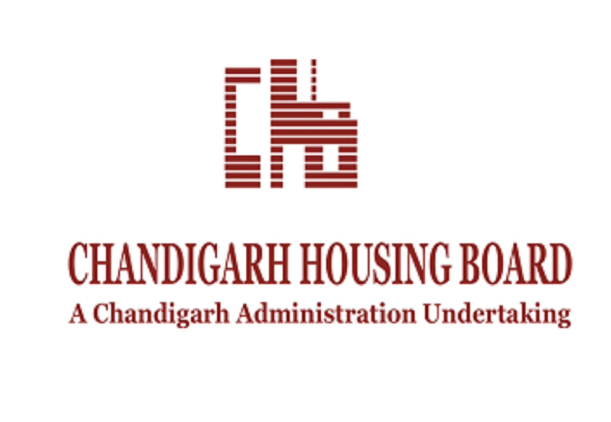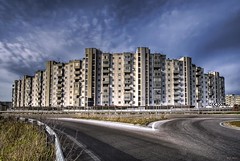
On Tuesday Yashpal Garg, CEO of Chandigarh Housing Board (CHB) issued an executive order stating that board officials would not inspect a dwelling during transfer time unless a notice of violation of the building was sent to the allottee.
Board CEO Yashpal Garg said: “Based on the significant number of inquiries during public hearings, there is a need to explain aspects regarding inspections by CHB officials during the transfer of dwelling units. In cases where building abuse / violation is not reported on the basis of the available record. The information provided by the applicant in the application form of transfer of dwelling units is used together with the declaration of the transferor and the transferee. In all these cases, the CHB does not carry out a new inspection at the time of the transfer of units.
However, he clarified: “The applicant/transferee is responsible for concealing the facts of the declaration regarding violations and irregularities, and the necessary actions are taken in accordance with the law. In addition, the transferee is liable for any construction infringements that existed at the time of the transfer or committed subsequently.”
Garg also said that in cases where reports of violations were available to CHB, declarations or affidavits of no violations are not accepted and CHB officials will again conduct an inspection.
Can apply for Joint Inspection-
The board also issued injunctions to protect the rights of innocent buyers. The executive order states. “It was observed that the transfer of the unit was in some cases permitted on the basis of affidavits. However officials found that there were subsequently some violations/irregularities. When lawsuits were filed against such irregularities, recipients/transferees felt cheated by the transferor due to erroneous affidavits, while such irregularities existed during the transfer of the housing unit. According to the CHB standard, the existing owner/tenant (transferee) is responsible for remedying violations. Otherwise it will have consequences like cancellation of transfer, etc.
To overcome this situation and protect innocent buyers, the Chandigarh Housing Board has provided an additional mechanism whereby the transferor party and the recipient can jointly request inspection from the CHB and obtain a certificate of no violation at that time. For this purpose, the transferor (current owner) can submit a joint application along with a commission of Rs 5,000 at CHB’s reception.”
Garg added that they issued similar orders on August 27, 2019, still many property dealers deceiving innocent buyers, so new orders were issued on Tuesday. “In the event of a breach of instructions of inspection of August 2019, strict measures will be taken against the CHB officers involved.”
Also read:-
Non-farm use of plot only after infrastructure in place- MahaRERA
